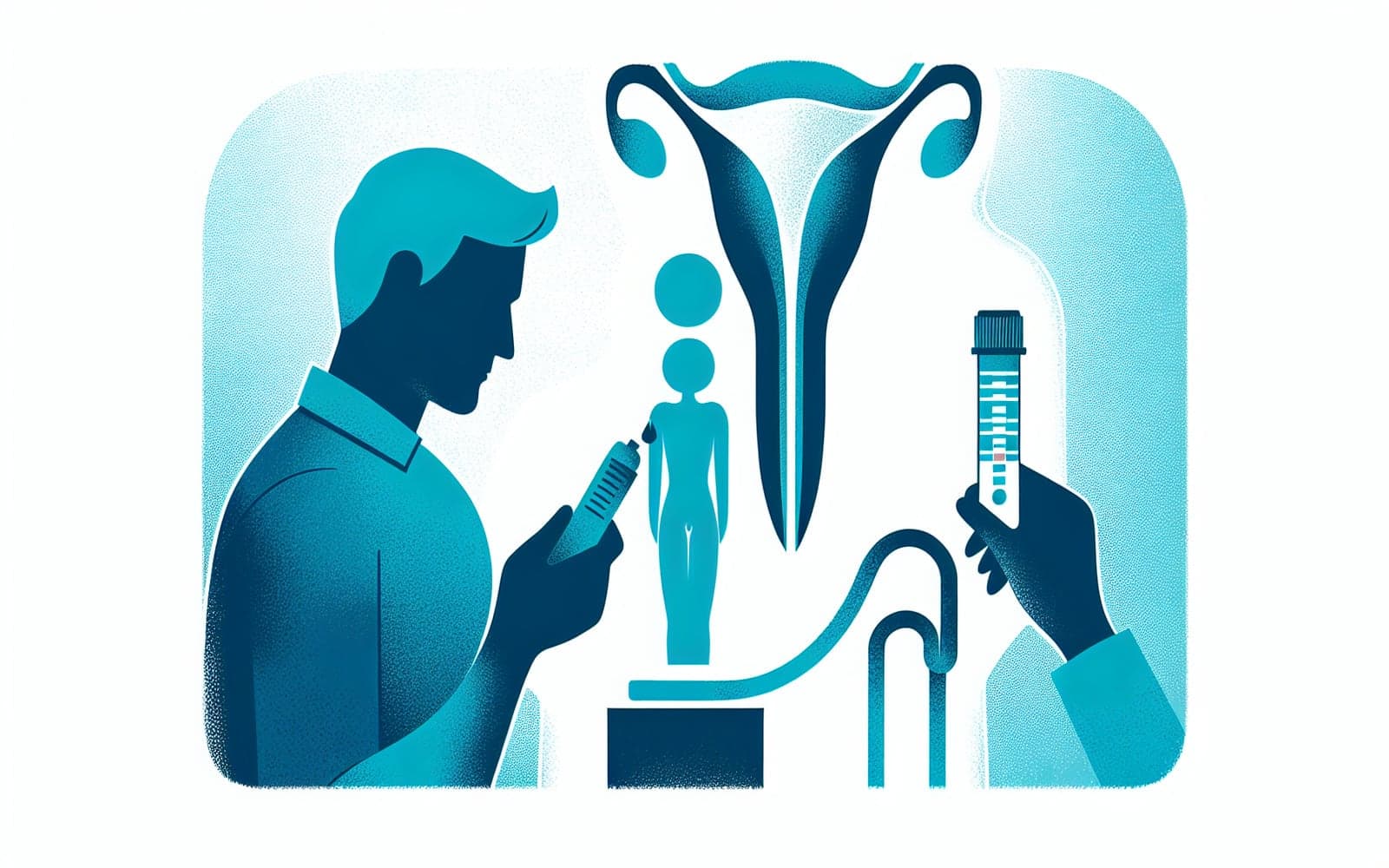Is PSA Testing the Key to Prostate Health?
Published: Apr 22, 2024
Prostate-specific antigen (PSA) testing is a common method for screening prostate health, but its effectiveness is often debated. Let's explore the ins and outs of PSA testing and what it means for you.
Contents
Understanding PSA Levels
PSA is a protein produced by both normal and cancerous prostate cells. The levels of PSA can help determine the extent of prostate cancer and the response to treatment. However, interpreting these levels can be tricky, as they may be influenced by various factors such as age, medications, and even physical activities like cycling.
Factors That Affect PSA Levels
Several factors can cause PSA levels to rise, such as benign prostatic hyperplasia (BPH), prostate cancer, and infections. Additionally, medications like 5-alpha-reductase inhibitors and NSAIDs can alter PSA levels. Understanding these factors is crucial for accurate interpretation of PSA test results.

Advances in PSA Testing
New concepts like PSA density and PSA velocity are being explored to refine the interpretation of PSA levels. These methods aim to improve the specificity of prostate cancer screening, especially in cases where PSA levels fall within a gray zone.
Frequently Asked Questions
Normal PSA levels vary with age; for example, a 60-year-old might have a normal range of 0 to 4.5 ng/mL.
Yes, medications such as finasteride and NSAIDs can lower PSA levels.
PSA testing is useful but not foolproof; it can miss cancers or indicate false positives.
Bicycling generally doesn't affect PSA, but if concerned, avoid it just before testing.
Key Takeaways
PSA testing can be a useful tool for prostate health monitoring, but understanding its limitations is key.
Curious about your PSA levels? Talk with Doctronic to learn more about prostate health testing.Related Articles
References
Lilja H, et al. Clin Chem 1991; 37:1618.
Balk SP, et al. J Clin Oncol 2003; 21:383.
Always discuss health information with your healthcare provider.

